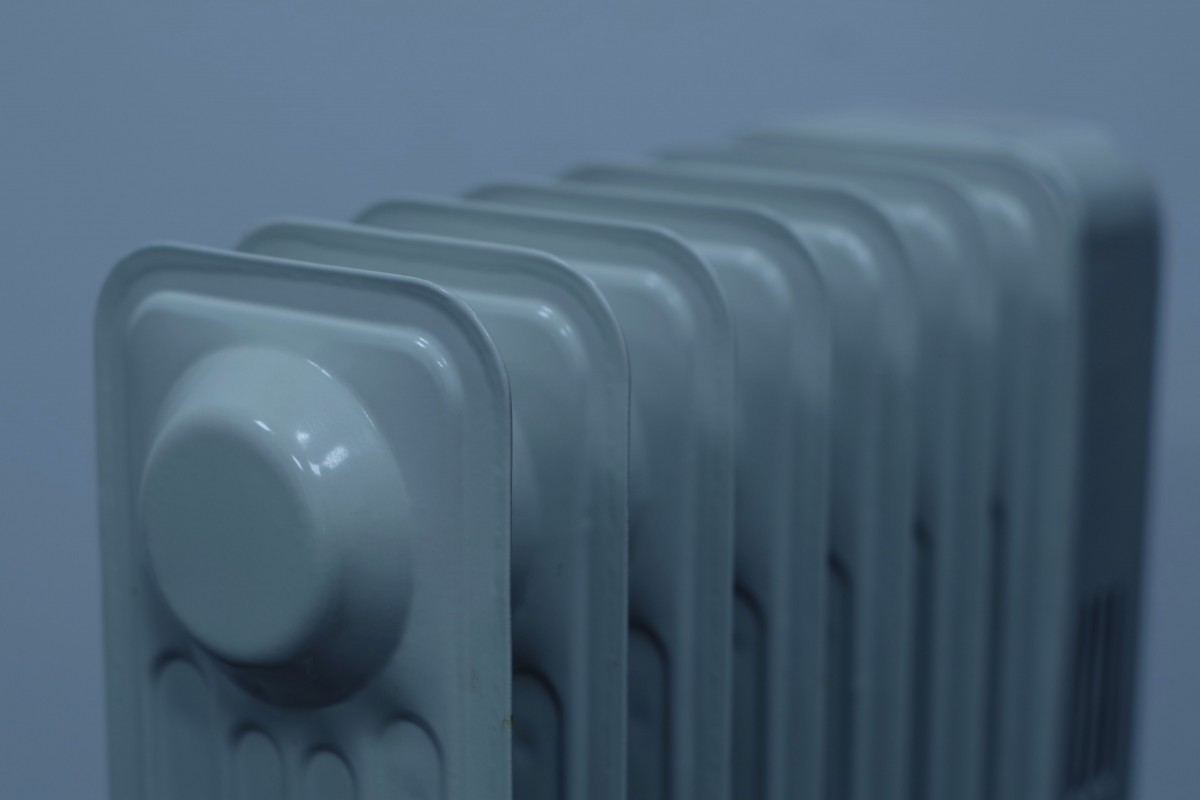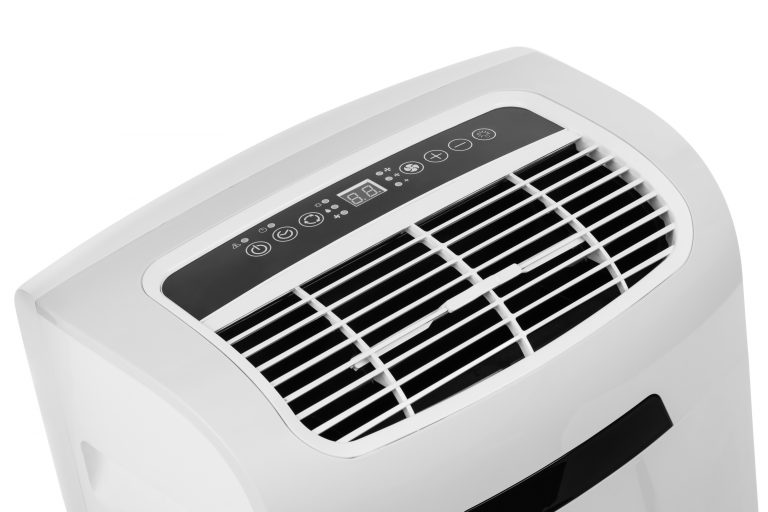FAQs
Have questions about your air conditioner? We’ve got the answers you need. Explore some of our most frequently asked questions about AC systems below. Don’t see the answer to your question? Get in touch and one of our HVAC experts will be happy to help!
How long will my air conditioner last?
The average lifespan of an air conditioner is up to 15 years with proper maintenance and regular filter changes. However, many factors go into determining just how much life you see from your unit. Brand, SEER rating, usage habits, whether you invest in annual maintenance, and other factors will all affect its lifespan.
If your unit isn’t properly maintained, you might see a lifespan as short as 7 to 10 years. Regular, ongoing maintenance from a licensed HVAC professional is essential.
What’s the best temperature to set my thermostat at?
There’s no one-size-fits-all answer to this question. The “best” temperature is the highest one at which you and your family are comfortable in your home. Setting a higher temperature is better because it reduces how often the unit operates.
We recommend starting with a temperature somewhere between 75 and 80 and then adjusting as necessary to find your preferred option. We also recommend setting your temperature a little warmer in the summer and a little cooler in the winter. This will help reduce energy consumption and limit wear and tear on your system.
If you’re unsure what temperature to set your home at, our expert HVAC technicians can advise you and help choose a temperature that’s both comfortable and efficient.
How do I maximize my air conditioner’s energy efficiency?
Worried that your AC isn’t cooling your home effectively? To help keep you and your family as comfortable as possible, we recommend the following:
- Keep all vents open and unblocked.
- Keep bedroom doors open to allow air to circulate.
- Change your filter regularly.
- Have your unit serviced/maintained twice per year.
- Use ceiling fans to help cool rooms.
How often should I change my air filter?
We recommend that you check your air filter monthly. However, many factors go into how often you’ll need to change it, including the number of people and pets in your home, the temperature set on your thermostat, the location of your air intake, and more.
During peak usage times, you may need to change your filter every two weeks. During seasons when you use your heat or air less, you might be able to go 60 or 90 days. Check your filter for visible dirt and discoloration. Change it when you notice buildup beginning to form.
You have many options when it comes to choosing replacement air filters, too. We recommend using HEPA filters, particularly if anyone in the home suffers from allergies or asthma. Lower-quality air filters simply don’t remove enough particulates from the air.
As part of our annual maintenance plan, we inspect your filter and replace it if necessary. We can also advise you on replacement filter types and whether you need to change yours more often. Contact us today to schedule your maintenance or to learn more about our range of services.
How do I take care of my outside AC unit?
While it’s important to have an annual maintenance contract with a local HVAC company, you can take some steps on your own. To care for your outside unit, turn the system off. Next, trim any branches or tall grass away from the unit. Finally, clean any leaves, vegetation, or debris from the fan and fins, and then hose the unit down well.
Don’t have the time or tools to handle your outdoor unit maintenance? Our team can help. Outdoor unit cleaning and maintenance are included in our annual service plans. We come to your home twice per year to conduct an in-depth inspection, clean your system, verify that it’s in working order, and make recommendations to extend its lifespan. Contact us today to schedule your maintenance service!
What do I do if my outside air conditioner has bent fins?
A few bent fins will not affect the performance of your unit. However, if you notice several bent fins, you can fix them with a fin comb. This is a specially designed tool that gently straightens bent fins and restores efficiency. Only use a fin comb on your unit when it is powered off. If you’re uncomfortable doing this yourself, contact us to schedule service for your unit.
If your unit has severely bent fins, it may be necessary to replace it. Significant damage impairs the unit’s ability to disperse heat and reduces its efficiency. This can be the result of storm damage, physical damage from a falling limb or contact with a lawnmower, and more.
Unsure if your fin damage is enough to worry about or if your unit should be repaired or replaced? We can help! Call today to schedule an inspection by one of our HVAC experts.
Do I need to replace or repair my AC unit?
The decision to replace or repair your AC unit is not an easy one. If your unit is 10 years old or older, it is probably time to replace it even if it can be repaired. Newer systems are much more efficient and effective at cooling your home. If you decide that replacing your unit is the best option, choose a new unit with a high SEER rating to reduce operating costs and energy consumption while boosting performance.
If your unit is less than 10 years old, it may be possible to repair it. As HVAC systems age, they suffer from wear and tear that degrades their efficiency and performance. However, repairs are sometimes surprisingly simple and affordable. Not sure if your unit needs repairs? Some of the signs that your HVAC system needs a little TLC include the following:
- Noisy operation
- Not cooling your home as well as it used to
- Reduced airflow from the vents
- Strange odors
- Blowing breakers
Contact us to schedule an assessment and one of our expert HVAC technicians can help you determine if it’s better to repair your current unit or replace it.
What is the SEER rating?
SEER is an acronym that stands for “seasonal energy efficiency ratio”. Basically, it’s a numerical summation of your HVAC system’s efficiency.
You can think of your SEER rating as the amount of cooling your AC will provide per dollar you spend on electricity, in comparison with others on the market. The higher the SEER rating (13, 14, or 15 for a 3-ton unit, for example), the more efficient the unit in question.
The industry uses a range that runs from 13 as the least efficient to 21 as the most efficient. Newer HVAC systems usually have higher SEER ratings, but age is not the only factor. Many manufacturers still produce low and mid-SEER-rated models to suit different budgets.
Generally, higher SEER ratings also mean higher initial costs, but those are usually offset by energy savings over the life of the system.
Interested in replacing your aging HVAC system with a high-efficiency model? We can help you make sense of SEER ratings and choose the right brand and size for your home. Get in touch with us today to schedule a consultation.
Why should I have regular (or preventive) maintenance? And how often should I have it performed?
Your HVAC system works hard all year long to keep your home at a comfortable temperature. It heats it during the winter and cools it during summer, and that puts a great deal of wear and tear on different components in the system.
Annual preventative maintenance is designed to help you spot potential issues due to wear and tear and fix them before they become major problems that leave you sweltering in the summer or freezing in the winter. Regular maintenance also extends the lifespan of your HVAC system. It should be performed at least twice per year and should include an in-depth inspection to check for leaks, damaged wiring, rust, fan bearing health, and other potential issues.
If you don’t currently have a maintenance agreement for your unit, get in touch. One of our HVAC experts would be happy to inspect your unit, explain any repair or maintenance needs, and then keep your unit in peak operating condition.
What are the advantages of a programmable thermostat?
Thinking about upgrading to a programmable thermostat from an old-style mercury type? You’ll find a wide range of benefits here.
- Accuracy – Mercury thermostats allow you to control the temperature in your home, but they’re not particularly accurate. Programmable thermostats are digital and offer precise temperature control capabilities.
- Efficient – Programmable thermostats are much more efficient than old-style analog thermostats and can help you reduce your energy usage while improving your comfort.
- Customizable – With old-style thermostats, you can set the temperature you want for your home, but with a programmable model, you can set different temperatures for different times of day. Why heat or cool your home while everyone’s at work and school? Save energy and money by programming your thermostat to turn the air or heat on just before you get home.
If you’re interested in swapping your aging thermostat for a programmable model, contact Elite. We’ll be happy to help you choose the right thermostat and install it for you to ensure that it operates correctly.
Which Trane equipment will best fit my home?
Sizing HVAC equipment is a complex task that requires considering many different factors. You need to measure the square footage “under air” (the portion of your home that will be heated and cooled). However, you’ll also need to consider the type of insulation you have in the ceiling and walls, as well as its R-value.
You also need to measure the window surface and configuration, factor in geography-related issues, consider the size and arrangement of your ductwork, and more. A 1-ton unit can cool between 300 and 800 square feet depending on the building’s construction. Correct sizing is important because you need a unit that’s neither too small nor too large for your home, or you risk shortening its lifespan and suffering from underperformance.
Get in touch with Elite Heating and AC Repair and one of our experts can perform an in-home load analysis to help determine the right size for your needs. If you’re building a new home or business, we can work with your general contractor or architect to ensure the right equipment is selected from the very beginning.
Is Freon toxic?
Yes, Freon is toxic. Specifically, we’re talking about the old-style Freon R-22, which is only used in legacy systems and is no longer manufactured. Puron 410A, the replacement for R-22, is less damaging to the environment and is non-toxic. If you have a leak in your AC, it’s critical to call a qualified HVAC technician immediately.
Freon is a brand name of refrigerant used in different equipment, including residential, commercial, and automotive air conditioning systems. The federal government ordered that manufacturers stop making it back in the 1990s and a complete ban went into effect in 2020. However, that does not mean that all old systems using toxic Freon have been switched over to Puron.
If you’re not sure what type of refrigerant your HVAC system uses, check the manufacturing date, which should be located on a placard on the outdoor unit. If the unit was manufactured after January 1, 2010, it should use Puron 410A. If it was manufactured before that date, there is a chance it still contains toxic Freon.
At Elite Heating and AC Repair, our HVAC technicians can assess your system, determine which type of refrigerant it uses, and even convert your old system to new R-410A. However, if your system is over 10 years old, we recommend replacing it, as the cost of changing over and handling any needed repairs is usually higher than the cost of a new system.
Get in touch with us today to schedule your consultation and learn more about how we can help you heat and cool your home for less.



